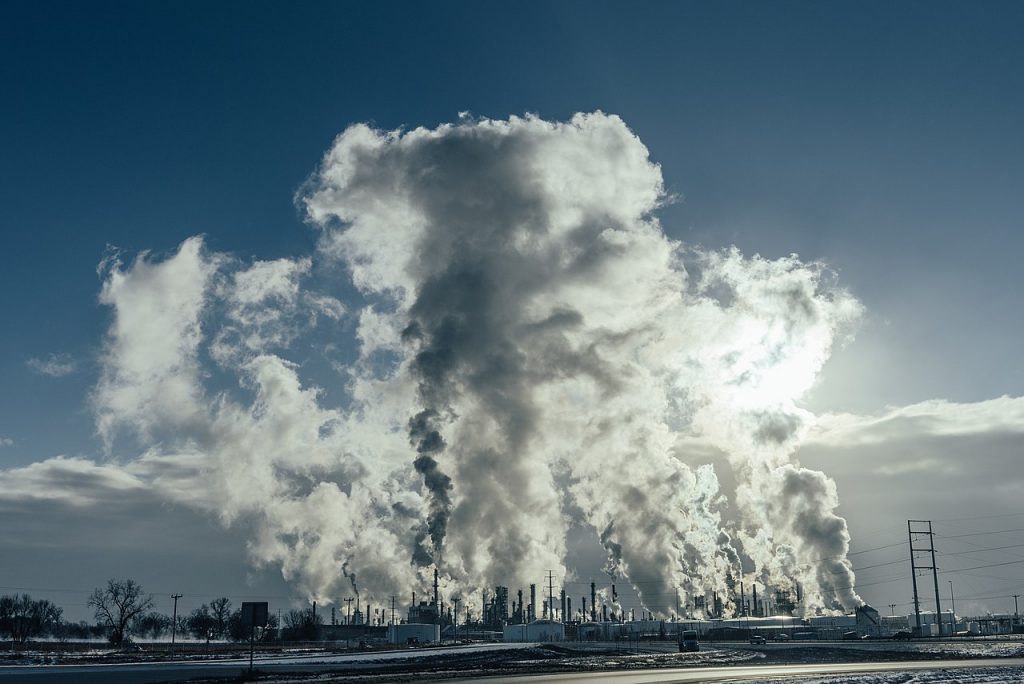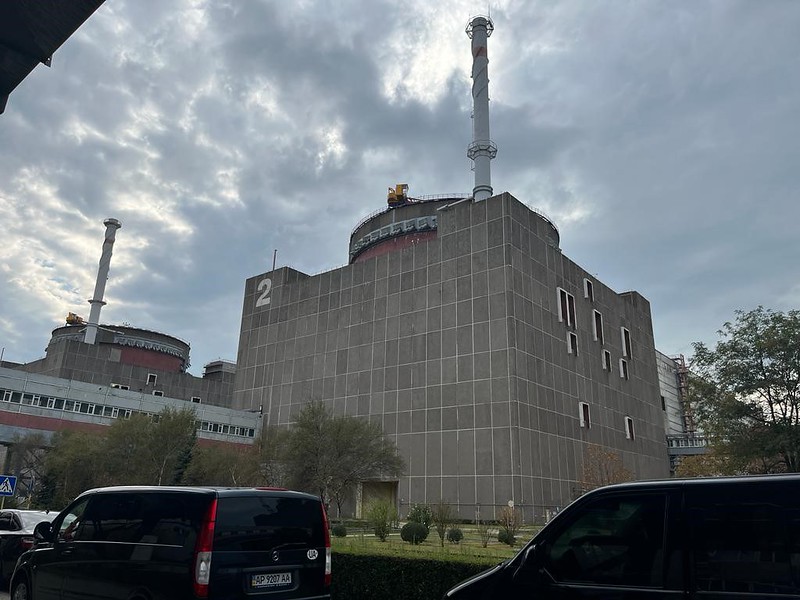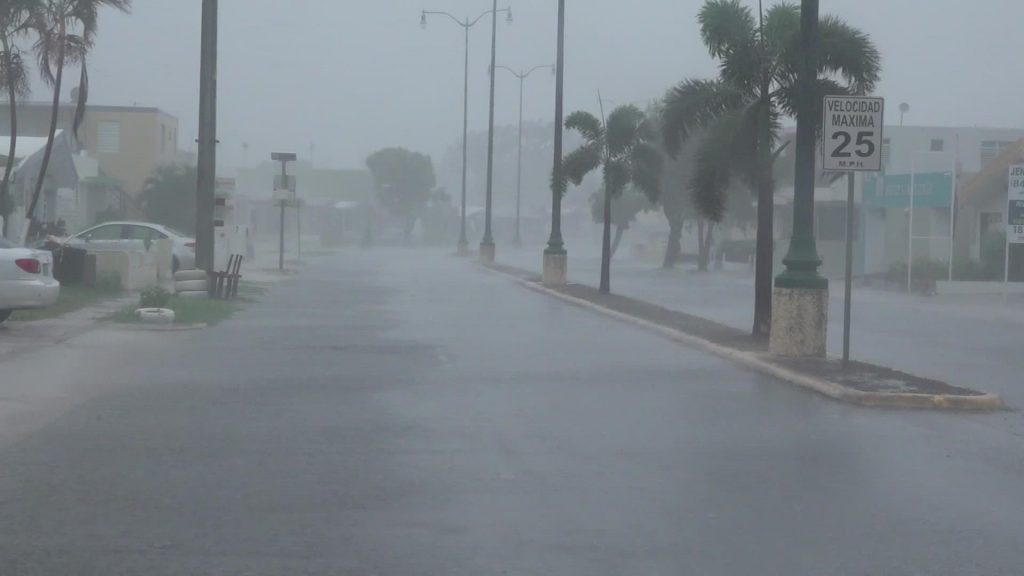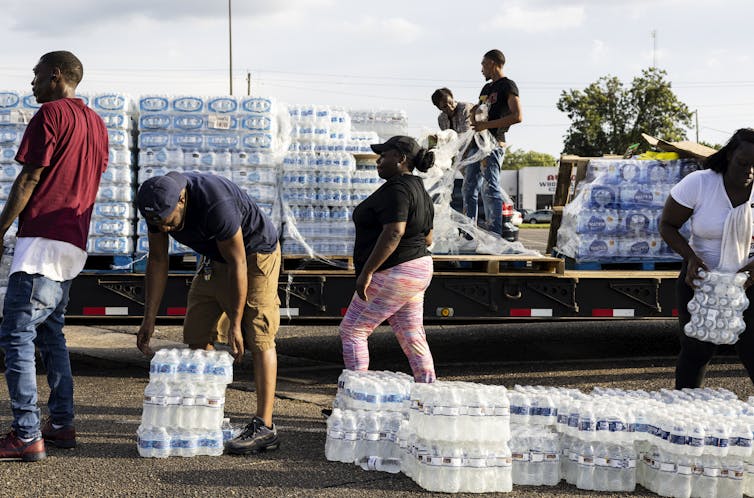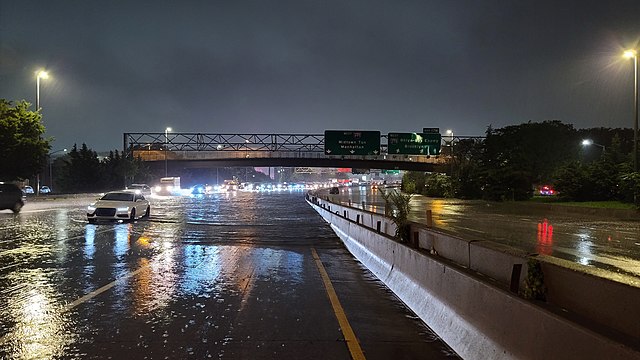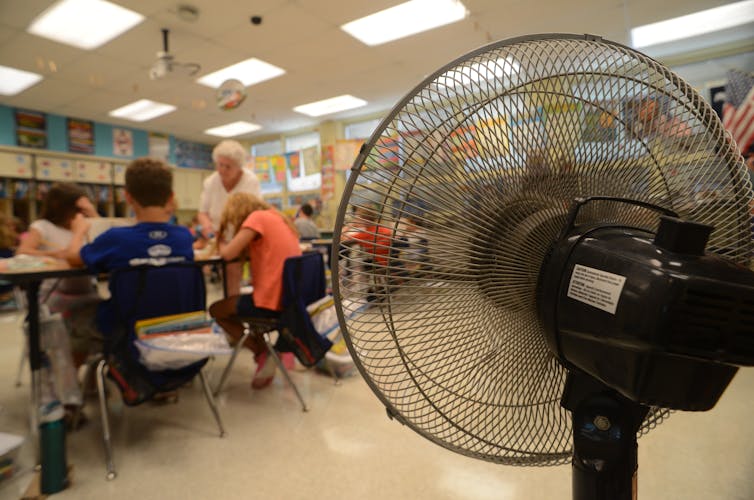“Mother nature isn’t messing around.”
By Jon Queally. Published 1-13-2024 by Common Dreams
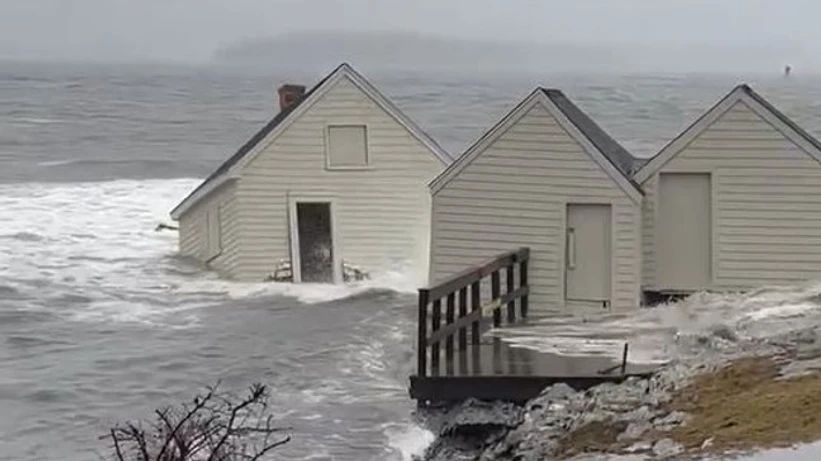
From New York City to the coast of Maine, record-breaking high tides in part fueled by the climate crisis brought destruction to the U.S. northeast on Saturday with roads flooded, infrastructure destroyed, and historic buildings washed out to sea—a horrifying preview of what scientists say will become all the more frequent if humanity continues its refusal to end the era of fossil fuels.
In downtown Portland, Maine the areas along the harbor and waterfront piers were inundated with unprecedented flooding. The city’s vibrant Old Port was underwater in many places with extensive damage to buildings, businesses, and infrastructure.
Continue reading

